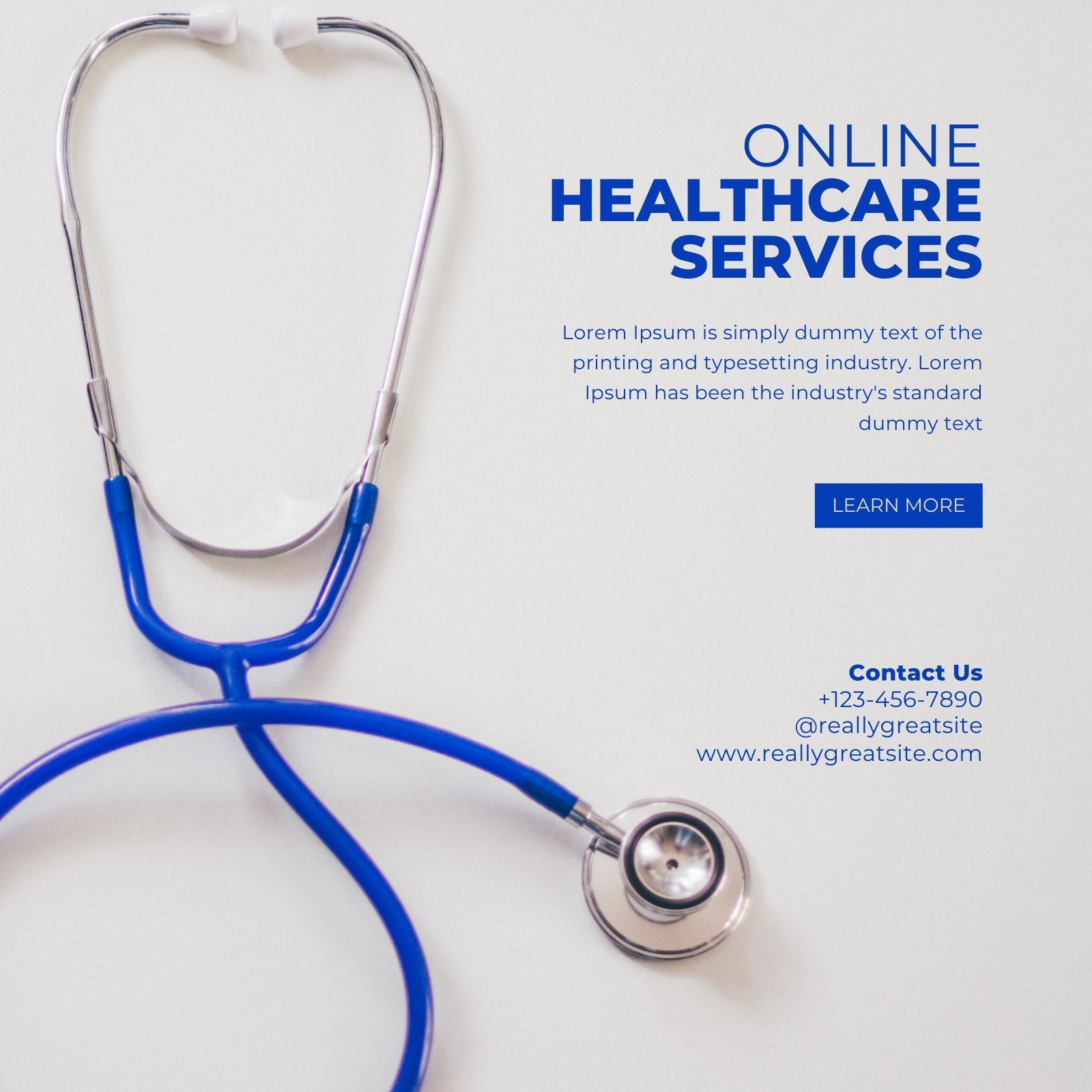The Increase of Subscription-Based Health Care and Its Effect On Client Care
As health care evolves, the subscription-based version is obtaining traction, promising to change individual treatment by using predictability and availability. The potential for these designs to reshape medical care shipment raises pushing questions concerning their long-lasting sustainability and inclusivity. Are these registration services the future of medical care, or do they run the risk of leaving vulnerable populaces behind?
Understanding Membership Healthcare Designs
Understanding the principle of subscription health care models includes examining a transformative technique to clinical services that stresses cost and ease of access. These models, often referred to as straight medical care (DPC) or attendant medication, have become cutting-edge alternatives to standard fee-for-service healthcare systems. Membership medical care permits clients to pay a set month-to-month or yearly fee for a defined collection of medical services, which may include unrestricted workplace check outs, regular exams, and basic lab tests, without the requirement for standard insurance policy billing.
The structure of membership health care designs is made to streamline patient care by eliminating third-party payers and complicated invoicing codes, consequently minimizing management worries. Healthcare suppliers can focus more on individual treatment, cultivating more powerful patient-provider connections. This design likewise advertises preventative treatment by motivating routine check outs, as the financial challenge of per-visit charges is removed.
The subscription model frequently empowers doctor to manage smaller sized patient panels, allowing for even more tailored treatment. It lines up monetary incentives with person wellness results, as companies are motivated to maintain individual fulfillment and wellness. In general, understanding registration health care designs requires identifying their prospective to improve exactly how care is supplied and accessed.
Benefits for Service Providers and clients

For companies, subscription-based designs supply the possibility to grow patient-provider partnerships. With a steady revenue stream, healthcare professionals can dedicate more time per patient, leading to a more customized and extensive treatment experience. This design likewise decreases reliance on high person quantities, relieving fatigue and boosting work contentment. The focus on precautionary treatment within subscription strategies can lead to far better individual outcomes and lowered lasting health care costs. By concentrating on constant treatment, suppliers can deal with issues prior to they escalate, inevitably benefiting the healthcare system overall by decreasing the burden on emergency situation and acute treatment services.
Worries and challenges
While subscription-based medical care models present countless benefits, they likewise include a collection of challenges and worries that have to be dealt with. Accessibility remains a considerable problem, as these versions often target individuals who can afford regular monthly charges, possibly leaving out low-income populations. This raises ethical questions about equitable accessibility to healthcare services. Additionally, the different nature of membership plans can cause complication amongst patients regarding protection specifics, potentially resulting in unmet assumptions or insufficient care.
Financial sustainability of subscription-based designs is another concern. Companies should stabilize the fixed revenue from registrations with the variable expenses of healthcare solutions, which might vary due to unforeseen clinical requirements. This can create stress to limit solutions or boost fees, possibly affecting client satisfaction and care top quality.
Moreover, regulatory oversight of subscription-based medical care versions is still advancing. The absence of standardized structures can cause inconsistent solution quality and liability, making complex efforts to make sure client defense. Finally, the integration of innovation-- typically from this source a keystone of these designs-- elevates questions concerning data personal privacy and security, as sensitive person info might be at risk to breaches. Dealing with these difficulties is critical for the equitable and successful application of subscription-based medical care.
Effect on Patient-Doctor Relationships
One considerable impact of subscription-based healthcare versions on patient-doctor partnerships is the capacity for enhanced continuity and personalized treatment. By adopting a registration model, medical professionals can take care of a smaller sized patient panel, enabling even more devoted time with each person. This enhanced schedule promotes a deeper understanding of a patient's clinical history, way of living, and preferences, making it possible for more tailored treatment plans and treatments.

However, it is essential to recognize that while subscription-based models may benefit those that can manage them, they might accidentally broaden health care disparities. Clients who are unable to join these designs could experience reduced access to individualized treatment, potentially influencing their relationships with healthcare carriers. Therefore, while the membership version offers promising benefits for patient-doctor relationships, it also positions obstacles that need to be addressed to make sure fair health care gain access to.
Future of Health Care Access

The duty of technology can not be neglected in this change. Telemedicine platforms and electronic wellness records help with seamless communication between patients and doctor, damaging down logistical and geographical obstacles. In addition, innovations in fabricated knowledge and information analytics can even more customize treatment by forecasting person requirements and enhancing treatment plans.
Nonetheless, the future of medical care gain access to likewise presents obstacles, such as making certain equity throughout different socio-economic teams. Policymakers and medical care suppliers need to collaborate look at this site to connect the electronic divide, making sure that subscription-based designs remain comprehensive and cost effective. As these systems mature, they hold the assurance of making check this medical care a lot more available, efficient, and patient-centric.
Final Thought
Subscription-based health care designs are improving individual treatment by giving a stable cost structure and improving access. The rise of subscription-based healthcare encourages proactive patient engagement, which has the potential to improve patient outcomes and satisfaction, signaling a transformative change in medical care distribution.
As health care progresses, the subscription-based design is gaining traction, assuring to change person treatment by providing predictability and accessibility.Subscription-based healthcare versions supply unique advantages for both patients and service providers, enhancing the total health care experience.As healthcare systems evolve, the future of medical care gain access to frequently pivots on the combination of innovative versions and innovations.Subscription-based healthcare versions are reshaping person care by providing a steady cost framework and enhancing access. The increase of subscription-based medical care motivates proactive individual engagement, which has the prospective to improve individual outcomes and fulfillment, signifying a transformative shift in medical care distribution.